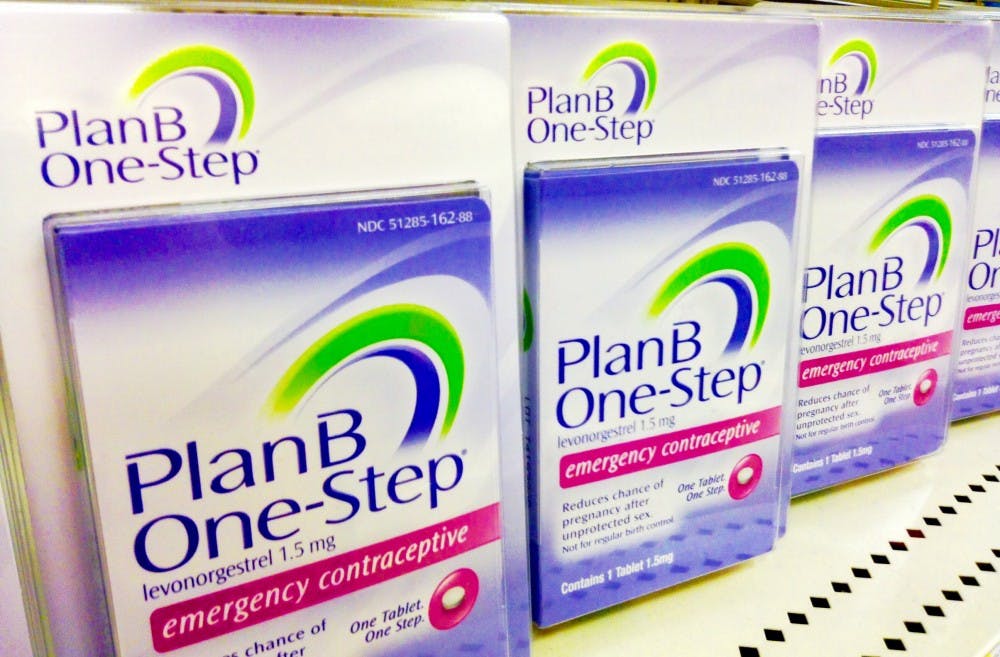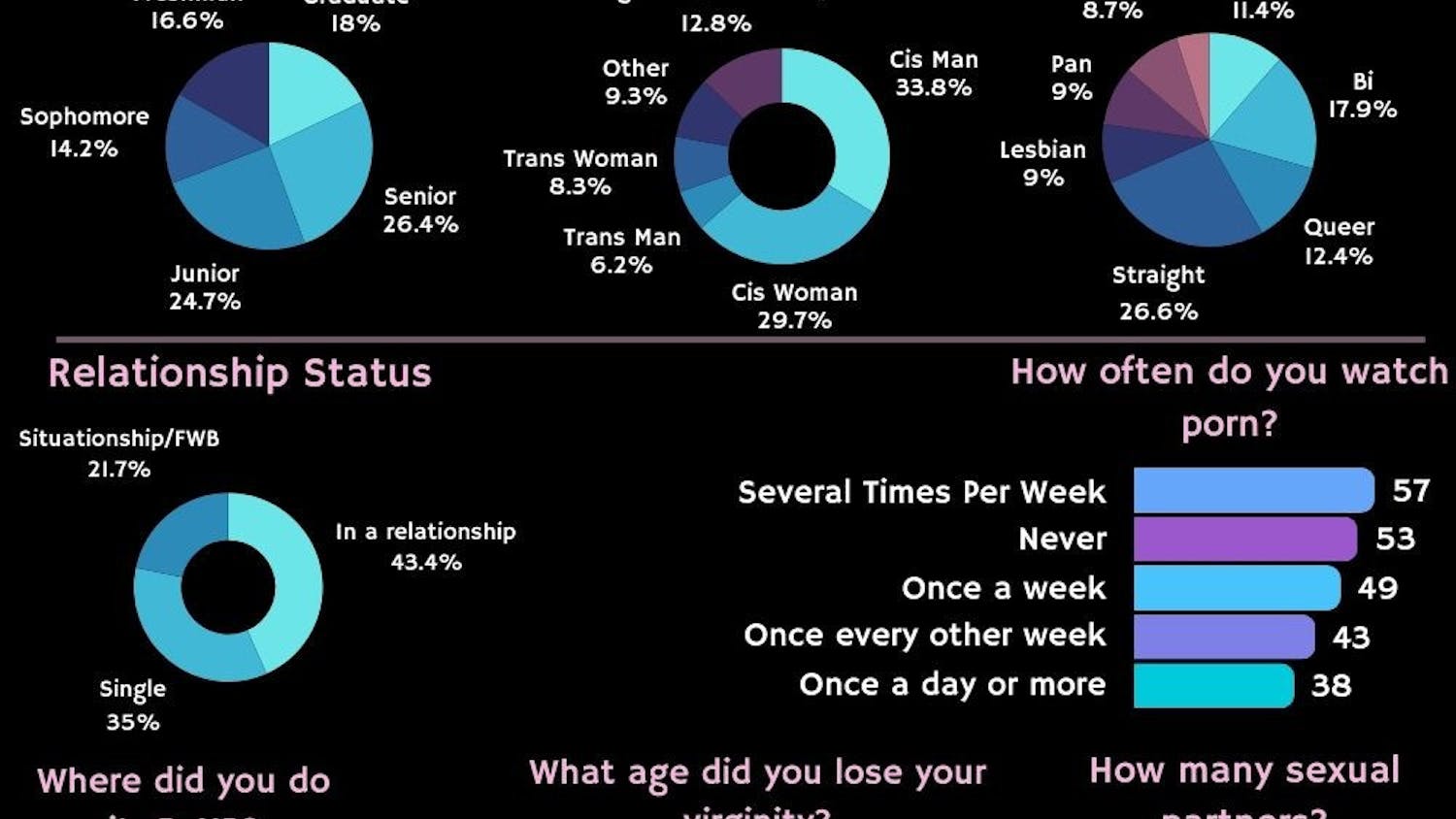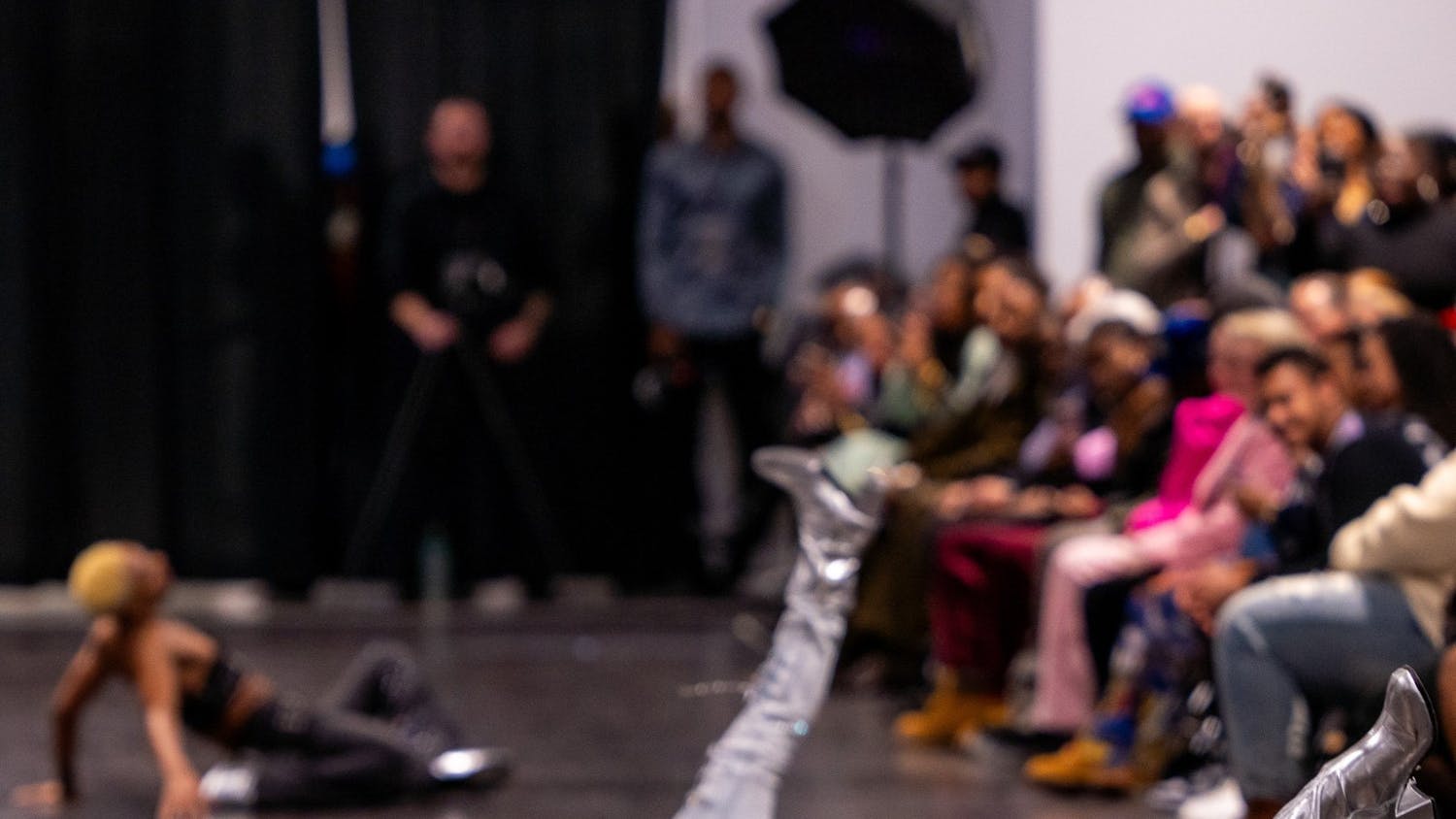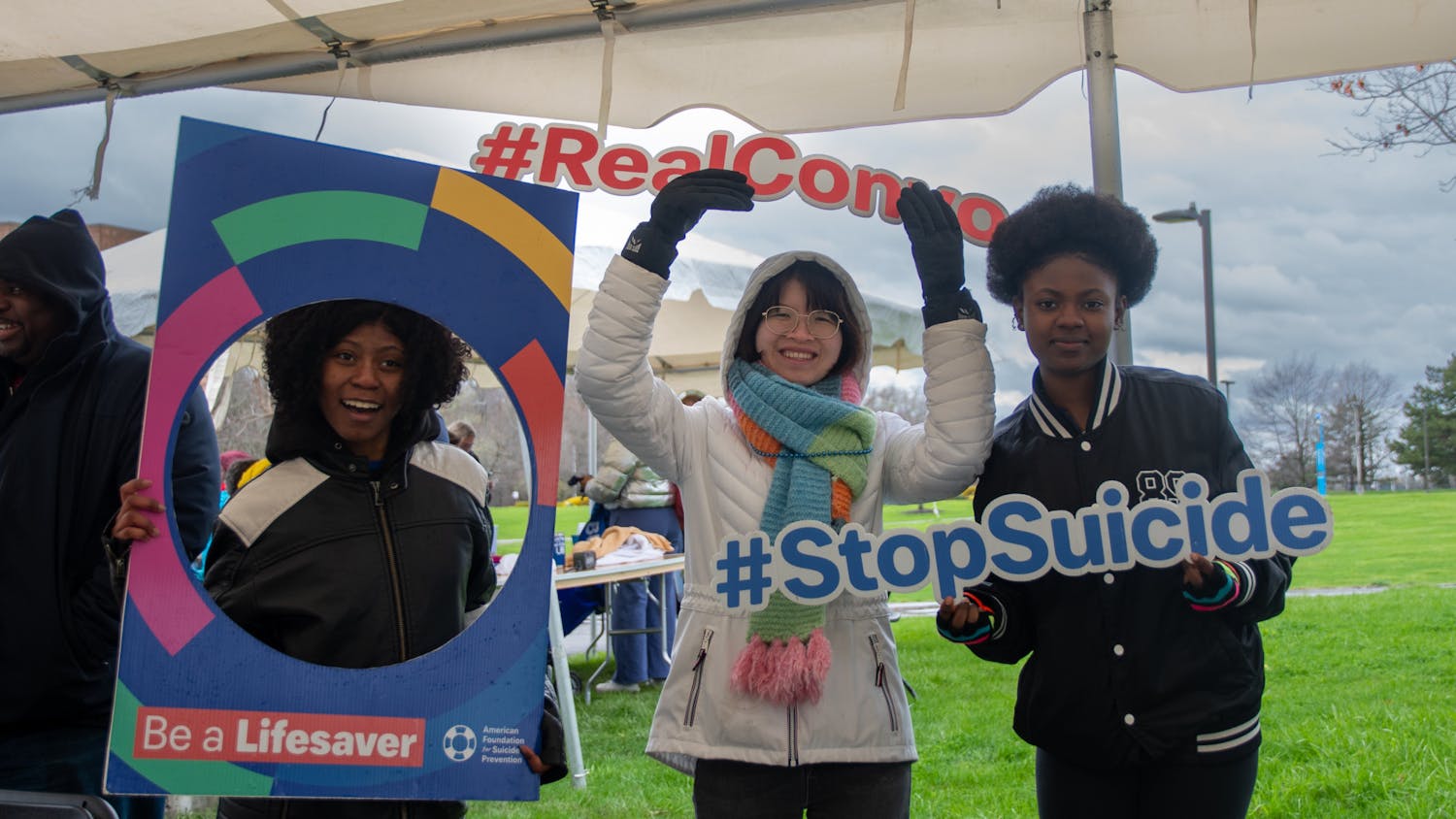Jessica never worried much about how safe her sex life was.
She said her boyfriend was always careful and she used birth control. But after having unprotected sex, she felt something was wrong. To be safe, the couple bought Plan B.
Ashley always practiced safe sex by taking birth control and using condoms. But that didn’t matter much when her partner’s condom broke during sex.
She said she freaked out and made sure to buy the pill the next day. She had to take a friend with her for moral support because, as she said, buying the pill was embarrassing and awkward.
For both these students, whose names have been changed to protect their privacy, the Plan B – or “morning-after” – pill was their choice to avoid the risk of an unwanted pregnancy. And they’re far from the only UB students who have used the contraception drug.
Almost 30 percent of the 702 students surveyed in The Spectrum’s sex survey stated that they, or one of their partners, had taken Plan B as a means of contraception – about the same amount of students who said they always used protection against sexually transmitted infections, or 34 percent. Fifty-five percent of the students surveyed said they’ve used contraceptives.
Up to 11 percent of sexually active women ages 15-44 have taken the morning-after pill at least once, according to the first-ever federal study on emergency contraception, which collected data from 2006-10. The pill has become more accessible in recent years, as the U.S. Food and Drug Administration lifted the 18-and-up age restriction for purchase of the Plan B One-Step pill in 2013. Since then, the pill has been available for over-the-counter sale without any restrictions – other than what some might consider a hefty price tag.
The average price of the morning-after pill, depending on your insurance, will run between $35-65 at your local pharmacy. Michael Hall, located on South Campus, offers emergency contraceptives to students.
Plan B, when taken within 72 hours of unprotected sex, is 89 percent effective at preventing pregnancy, according to Planned Parenthood. This, compared to the estimated 91 percent success rate for oral contraception and estimated 98 percent effectiveness for condoms, makes the Plan B pill the least overall effective form of contraception.
Still, in both national and school-wide surveys, the statistics place the morning-after pill in the top three most popular forms of birth control for women.
Yet, despite the widespread usage, the negative social stigmas surrounding the morning-after pill remain.
Charley Ferrer, a clinical sexologist known for her television show PLEASURE, said that such negative stigmas about the Plan B pill only hurt women. She said that not only is Plan B pill the safest for women, but it also is a logical, mature decision made to protect yourself and your partner from unwanted pregnancy.
“The stigma is that the women need to be controlled,” Ferrer said. “The notion is that if a woman has to take the pill then she is sleeping around. But in reality it is a mature decision from a women who has decided that she doesn’t want to be pregnant.”
Ferrer said it is important to draw the distinction between personal moral preference and respecting another person’s choice.
Olivia Swann, a junior global gender studies major, said that a large part of the ignorance surrounding the morning-after pill is the lack of education about it.
“Some of the social stigmas surrounding Plan B is that it is synonymous with an abortion,” Swann said. “Often people who have not been educated or have been misinformed about Plan B think that taking a morning after pill is actually killing a fetus. This is untrue because there is no such thing as being one day pregnant.”
Both Ferrer and Swann see the stigmas around Plan B as ultimately harmful to women, preventing them from effectively utilizing the contraceptive that is best for them.
For overall health effects, Ferrer said that Plan B may be the safest form of contraception for women, simply because it is much less residual than other contraceptives like a intrauterine device, a condom or a birth control pill.
“Plan B is less invasive,” she said. “It is also only done in cases where you do it when you need it. The risks involved with contraception are typically most dangerous with women, who also have to carry the child if she gets pregnant.”
Brian Windschitl is the senior arts editor and can be reached at brian.windschtil@ubspectrum.com.





